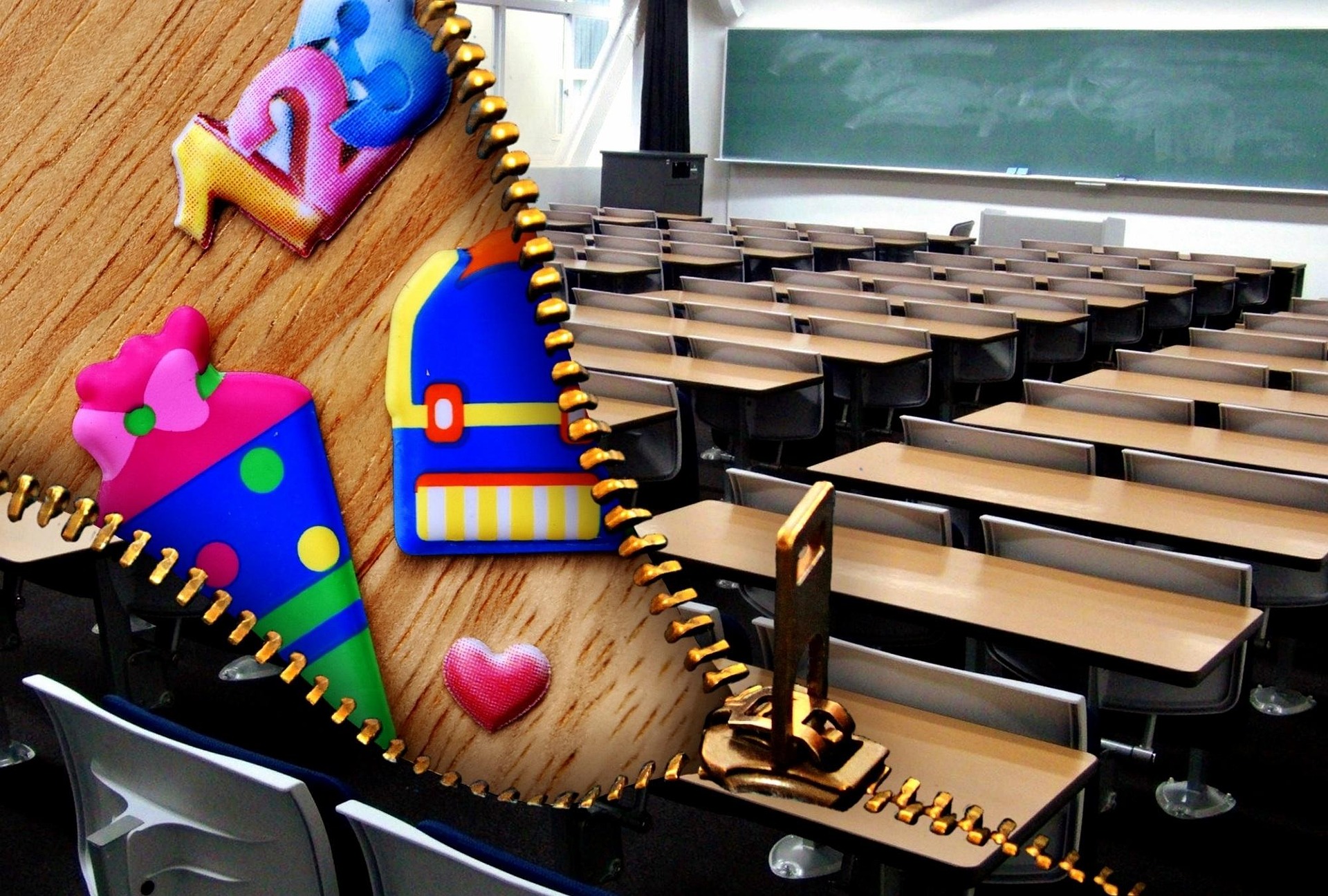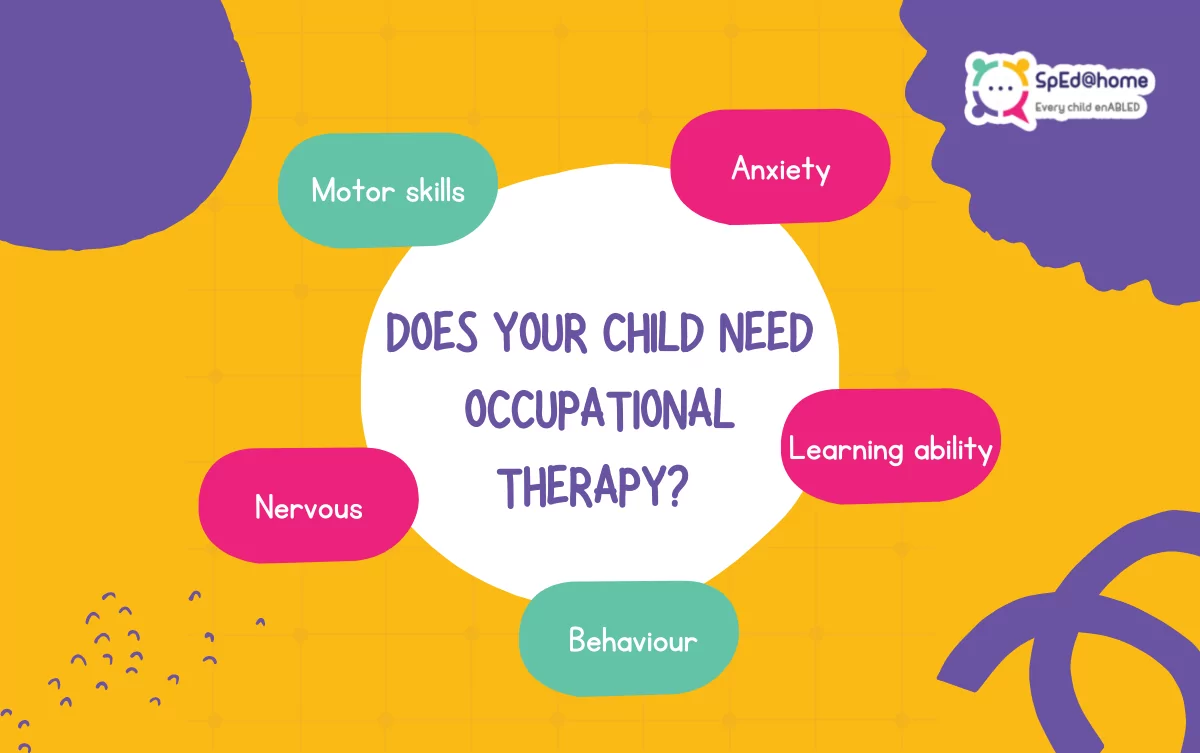Educational Assessment for Children: Identifying Strengths and Challenges
Every child has a unique way of learning. Some pick up concepts quickly, while others may need more time and support. An educational assessment for children helps parents and teachers understand these differences. It provides insights into a child’s learning style, strengths, and areas where they might need extra help.
What is an Educational Assessment?
An educational assessment is a structured evaluation that looks at a child’s academic performance, cognitive abilities, and learning skills. Conducted by educational psychologists or trained specialists, it goes beyond grades and test scores to uncover how a child processes information and what may be holding them back.
This assessment is not just for children who struggle—it can also highlight giftedness or advanced learning needs, ensuring every child gets the right level of support.
What Does It Measure?
An educational assessment may include:
- Academic skills: Reading, writing, spelling, and math proficiency.
- Cognitive abilities: Memory, problem-solving, attention, and reasoning skills.
- Learning style: Whether a child learns best visually, verbally, or hands-on.
- Behavior and motivation: How focus, emotions, or environment affect performance.
Why is it Important?
Parents and teachers often notice when a child is falling behind or not performing to their potential. However, the root cause is not always clear. An educational assessment provides:
- Clarity on whether difficulties are due to learning disabilities, attention issues, or teaching gaps.
- Personalized strategies for supporting a child’s academic journey.
- Early intervention, which reduces frustration and builds confidence.
Signs Your Child May Benefit from an Educational Assessment
- Consistently struggling with reading, writing, or math.
- Avoiding homework or showing frustration with learning.
- Difficulty paying attention or staying on task.
- Uneven performance—doing well in some areas but poorly in others.
- Teachers reporting concerns about academic progress.
Even gifted children may benefit from an assessment if they are bored in class or not being challenged enough.
How the Process Works
- Background review – Collecting information from parents and teachers.
- Standardized testing – Evaluating academic and cognitive skills.
- Observation and interaction – Watching how the child approaches tasks.
- Comprehensive report – Outlining strengths, challenges, and recommendations.
The results often guide the creation of an Individualized Education Plan (IEP) or personalized strategies for both school and home.
Benefits of Educational Assessments
- Tailored teaching methods that fit the child’s learning style.
- Improved academic outcomes through targeted support.
- Boosted self-esteem by focusing on strengths as well as challenges.
- Empowered parents and teachers with a clear action plan.
Final Thoughts
An educational assessment for children is a powerful tool for unlocking potential. Whether a child is struggling, thriving, or somewhere in between, understanding their learning profile ensures they receive the right support at the right time.


